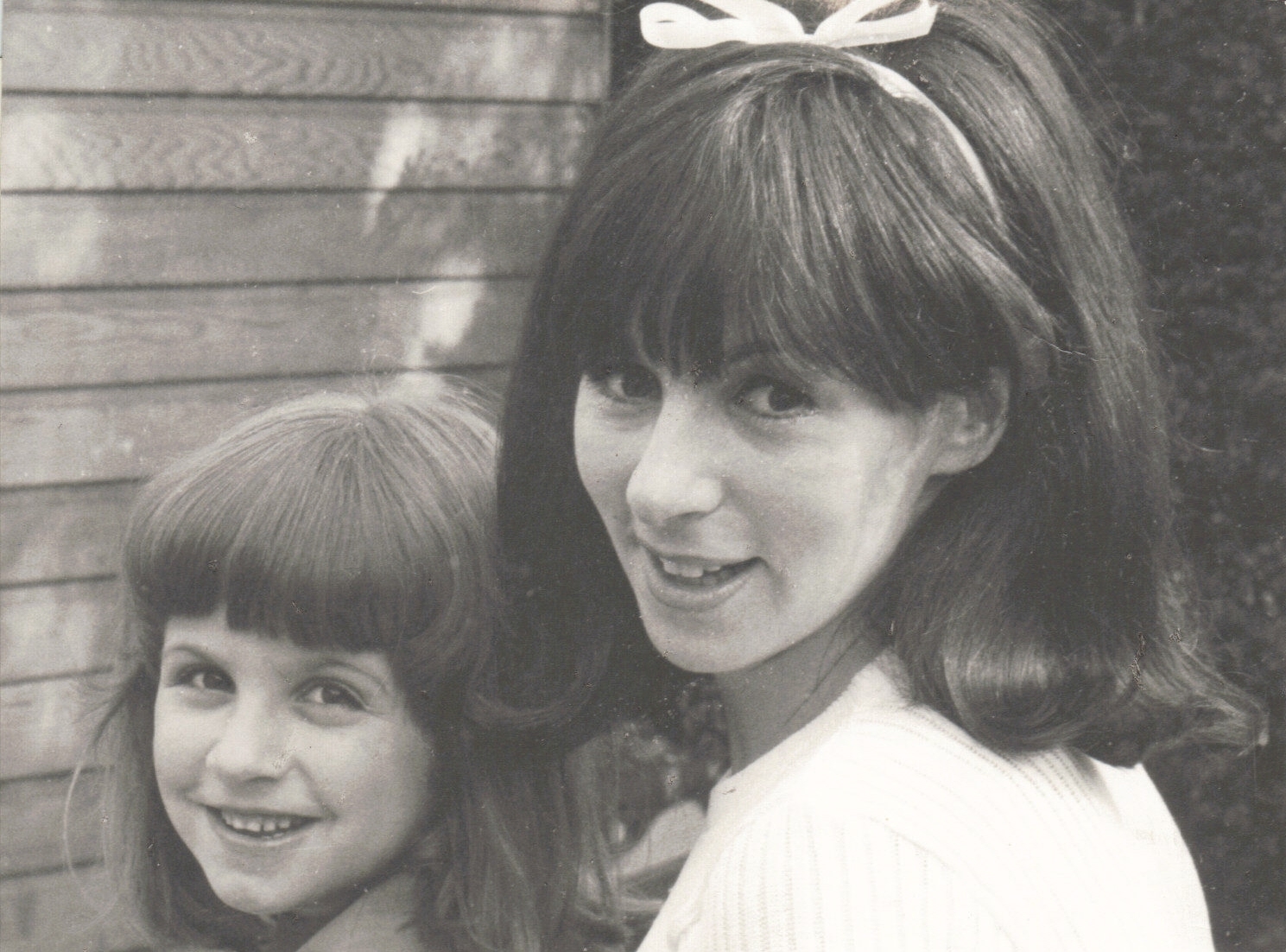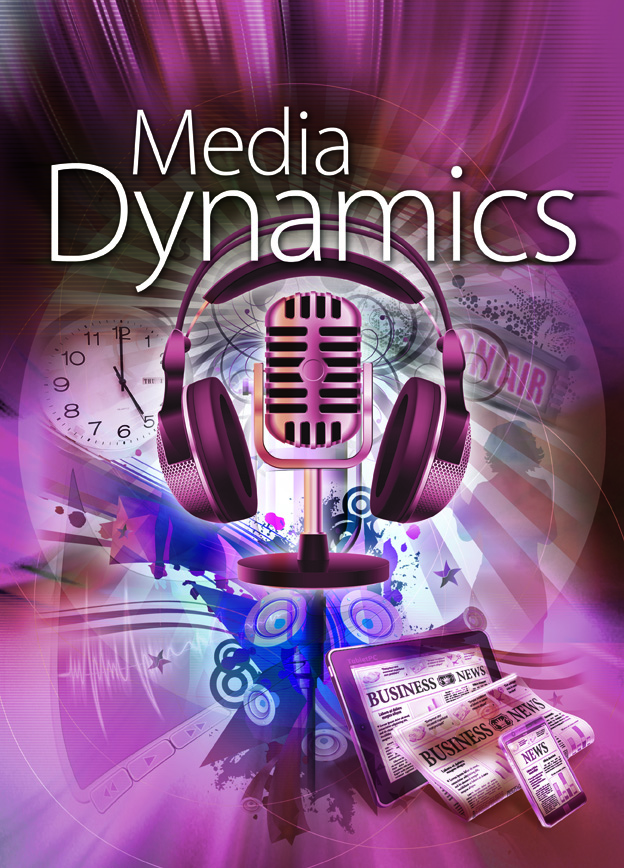Unlock your creative bid writing with a supermarket trip!
Unlock your creative bid writing with a trip to the supermarket! Watch, learn and admire how retailers move us inexorably from ‘need’ to ‘want’ and provide ‘fully-integrated solutions’ that demonstrate how well they know – and listen to – their customers.
Am I really saying a wander around a supermarket can improve your proposal writing? Indeed I am….
Right from the start, with straplines such as “every little helps” or “good with food” or “never knowingly undersold”, retailers embed their value proposition in our minds, setting our expectations long before we get there. They know the win themes and key messages that will appeal to us (demonstrating shared cultural values) whether we buy primarily on price, overall value (loyalty discounts, special offers), quality, differentiation/quirkiness, ‘green’ credentials or brand labels. Exactly the same targeting of message and proposition we need to convey as we tailor our product and service solutions to the needs and budgets of different clients and tenders.
When you go into a store, every detail of the floor layout is planned with you in mind. Retail psychologists know how we explore, select and buy and they are expert in directing us (literally and figuratively). From the use of colour, sounds, smells and targeted lighting to attract us into and through different areas, wide-ranging approaches to product presentation to create or keep our interest, differentiating the width of aisles to move us on or keep us there longer, placing key products at aisle ends or at specific heights – we follow, we absorb and we also show them what we like and dislike!
Of course they know that some of us go in armed with a list, a budget and a time limit and intend to keep to all three. Sometimes you will, but many many times you will stay longer and buy more. Can your bids persuade your clients and prospects to do that?
Supermarkets also recognised many years ago that enhancing customer satisfaction – and therefore sales – meant understanding what else we have gone out for when we go shopping. In addition to food and household basics, also on our list might be pharmacy medicines, dry-cleaning, shoe repairs, taking cash out, buying gifts, flowers, newspapers, books, cards – and maybe a coffee and a teacake once the trolley is full. So increasingly they have incorporated these other items into their proposition, to create the one-stop-shop, where the convenience does make us buy more overall. It’s exactly the same with our bids. We want to show our clients we have thought in depth about what they need and can give them the peripheral products, the accessories and additional services that will deliver a complete fully-integrated offering, all to the same standards of quality, from one provider.
What’s the most annoying thing customers report about their local supermarket? When products are moved around and you can’t zip through your normal route. Of course they do this on purpose because if you become too accustomed to your usual navigation around the store, you can stop noticing other products they want you to see. So even though that kind of change irritates you, you aren’t going to switch to another shop: you quickly adapt, because the store has built your loyalty and you will flex. That’s a rather unilateral form of change management but worth remembering in your bids: once you have developed credibility and trust with a client, you are in a better position to recommend change and alternative proposals without compromising loyalty.
In case we think our supermarkets are getting too big and impersonal and losing sight of their local customer, many often have terrific community support programmes: demonstrating strong CSR in the same way as our clients like to hear about in our bids. Supermarkets will also often showcase small local suppliers, showing their support for small and medium enterprises, and generating local employment and apprenticeships. Again a strong message to emphasise in tenders.
So, once you’ve unpacked your shopping and sampled the new deli products you hadn’t planned to buy but somehow found time to choose, go back to your bid. Check if your key themes, way-finding (pathways through the text, use of colour and graphics), solution and product layout, balance and direction of information will pass the critical supermarket test. Do your bids take your clients seamlessly from need to want, give them well-presented fully-integrated solutions and ultimately make it easy for them to buy from you and want to come back time and again? If not, go shopping again!
 Tel 07876 228 254
Tel 07876 228 254

